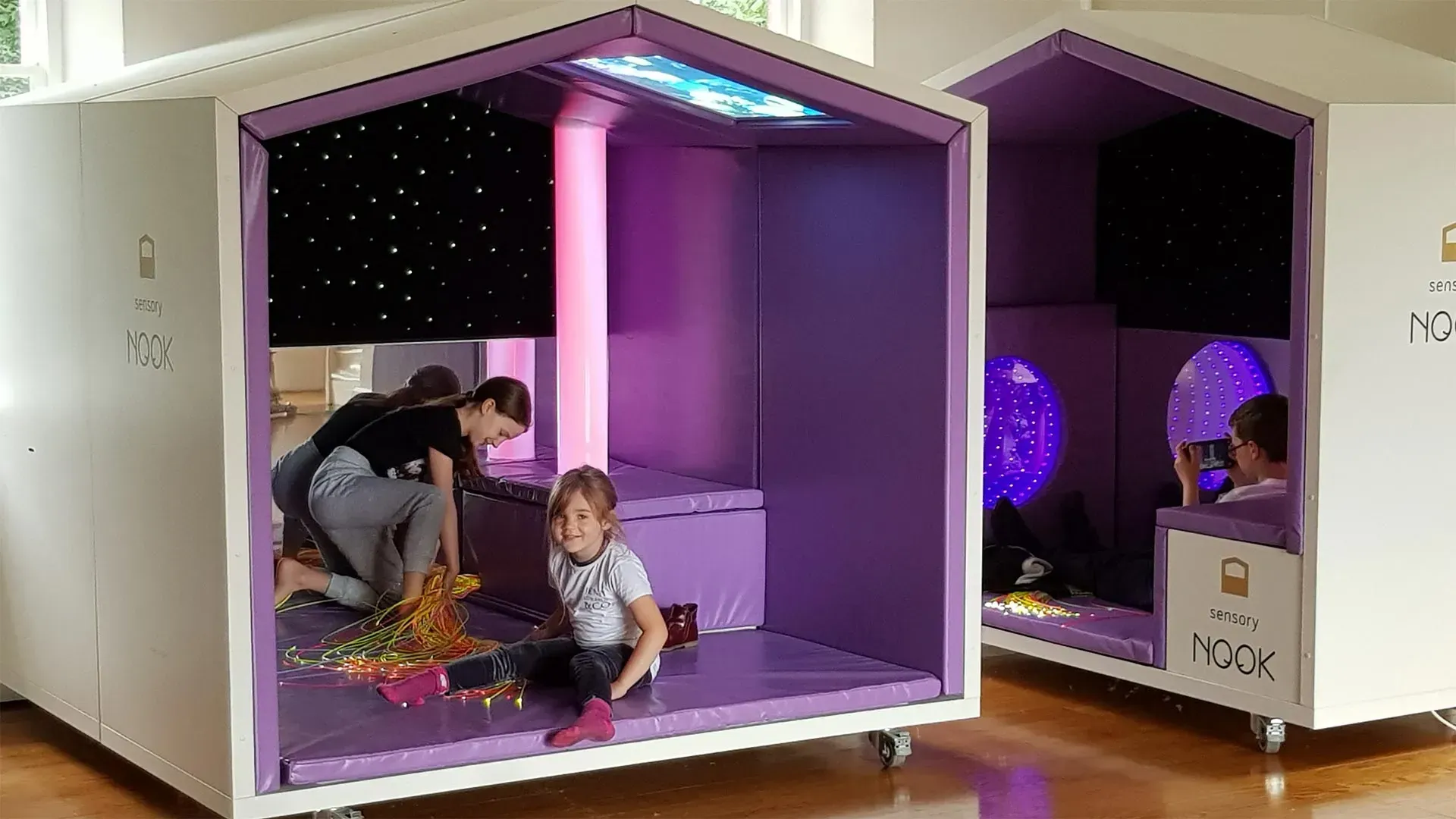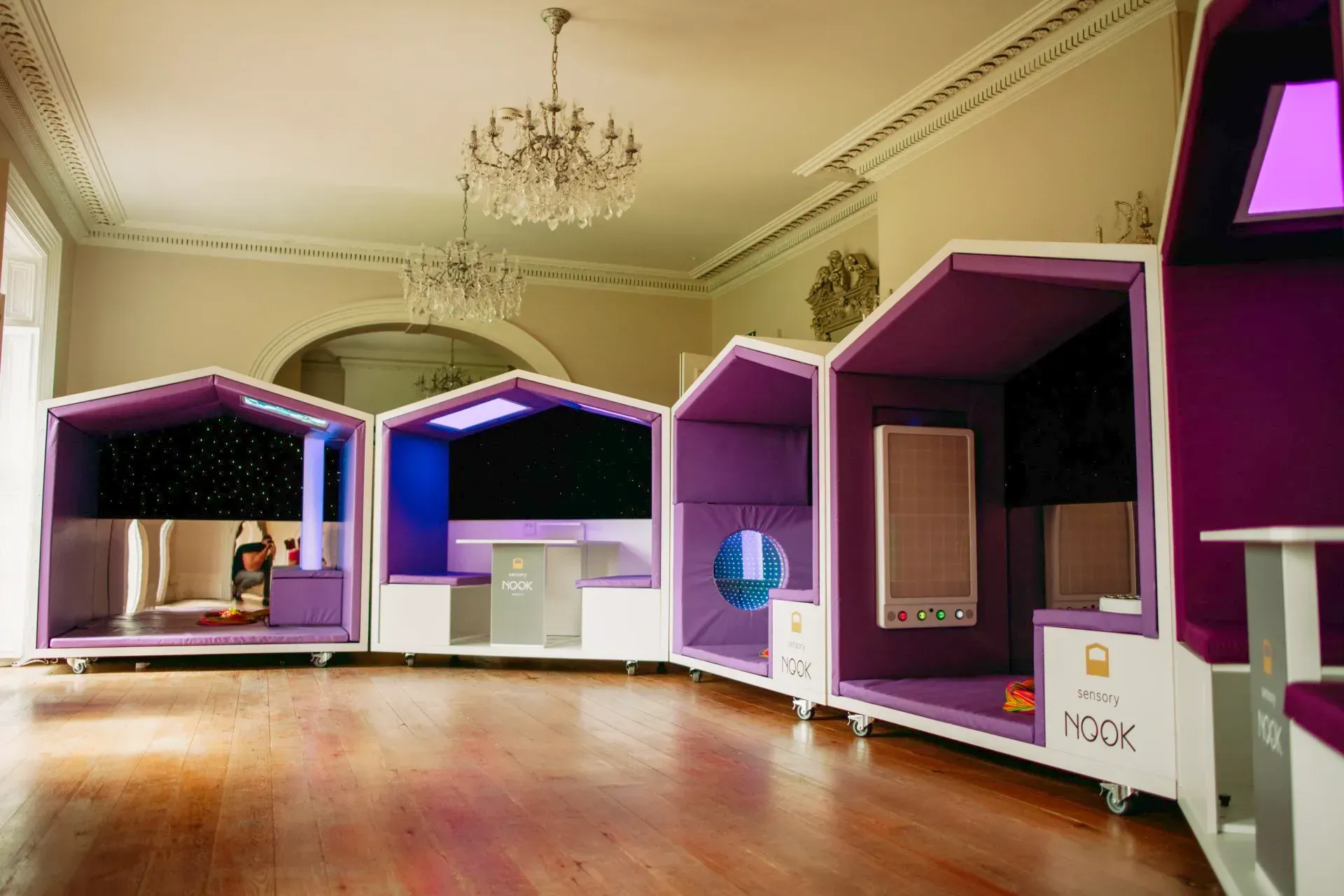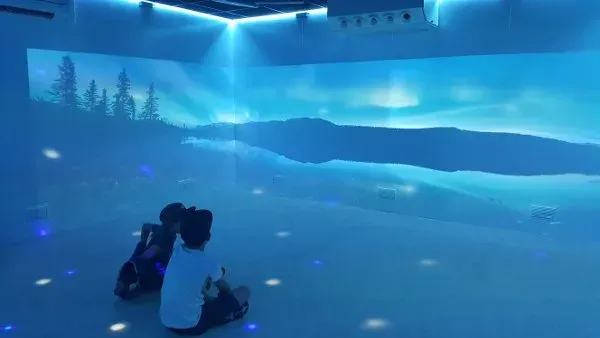Introducing the Nook Stop – Making Shopping Inclusive at Frenchgate
The Nook Stop is coming on 3rd April 2025!
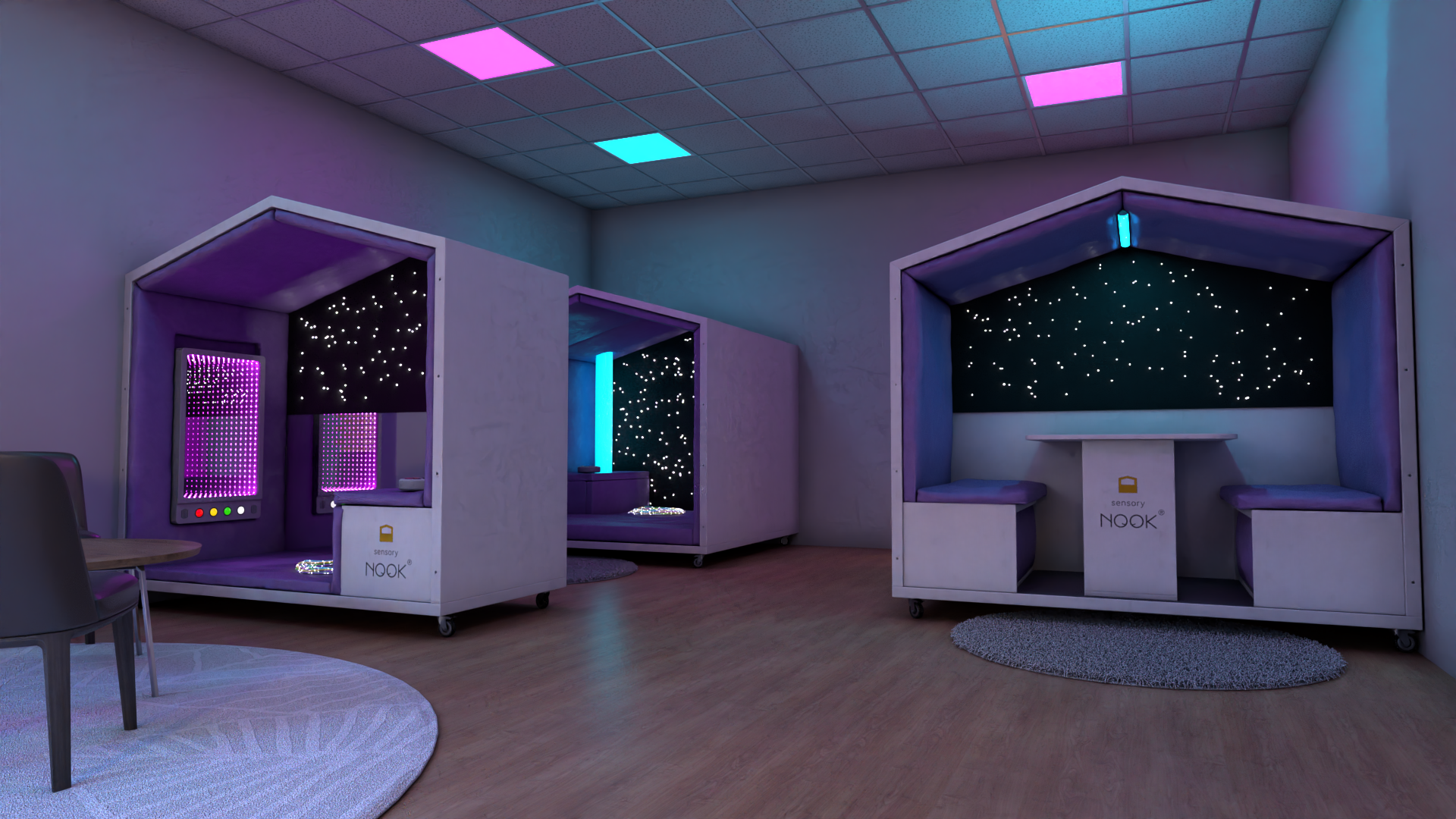
Finding a calm, quiet space in a busy shopping centre can be a challenge, especially for neurodiverse individuals who experience sensory overload. That’s why in partnership with
Autism Plus
we’re excited to introduce the first
Nook Stop at
Frenchgate Shopping Centre officially opening on
3rd April, just in time for Autism Awareness month.
We’re working with
Autism Plus to create this space for the community because we understand just how
impactful something like this can be.
For people who find busy environments overwhelming, shopping centres can feel inaccessible, but Nook Stop can change that. By providing a calm sensory space, we’re helping more people feel comfortable, confident, and included in everyday activities that many take for granted.
This doesn’t just benefit individuals, it also makes shopping centres
more
accessible and welcoming. When people have a space to regulate their sensory needs, they’re able to
stay longer and enjoy their visit without the stress of sensory overload.
This means
more visitors for retailers, opening up shopping to individuals and families who may have previously avoided it.
What is Nook Stop?
Nook Stop is a sensory-friendly space featuring six Sensory Nooks designed to help individuals of all ages self-regulate. The space is open to all who need to take a quiet break away from the crowds. The goal is to make the shopping experience more accessible by providing a supportive environment.
What you'll find at Nook Stop
Take a virtual tour of the space to explore before you visit!
Nook Stop features six Sensory Nooks, each offering a unique experience to support diverse sensory needs:
- Support – a functional respite area to lower anxiety levels. This is a great space to talk with the professionals at Autism Plus.
- Ultra-Violet – provides maximum proactive calming and stimulation for individuals with visual impairment.
- Shelter – designed for wheelchair users for accessible & high-quality sensory support.
- Interactive – provides cause & effect feedback for engagement and active distraction.
- Interactive XXXL – a larger space to explore the interactive elements or relax.
- Escape – a discreet, enclosed space that reduces excessive sensory input.
There will also be a quiet seating area and colour controllable lighting inside, creating a welcoming and supportive atmosphere.
How to Book
To ensure everyone gets the time and space they need, Nook Stop is available by booking only.
Opening Days: Nook Stop will be open on Thursdays and Fridays.
You'll find the Nook Stop on the ground floor of the shopping centre, across from Boots Pharmacy.
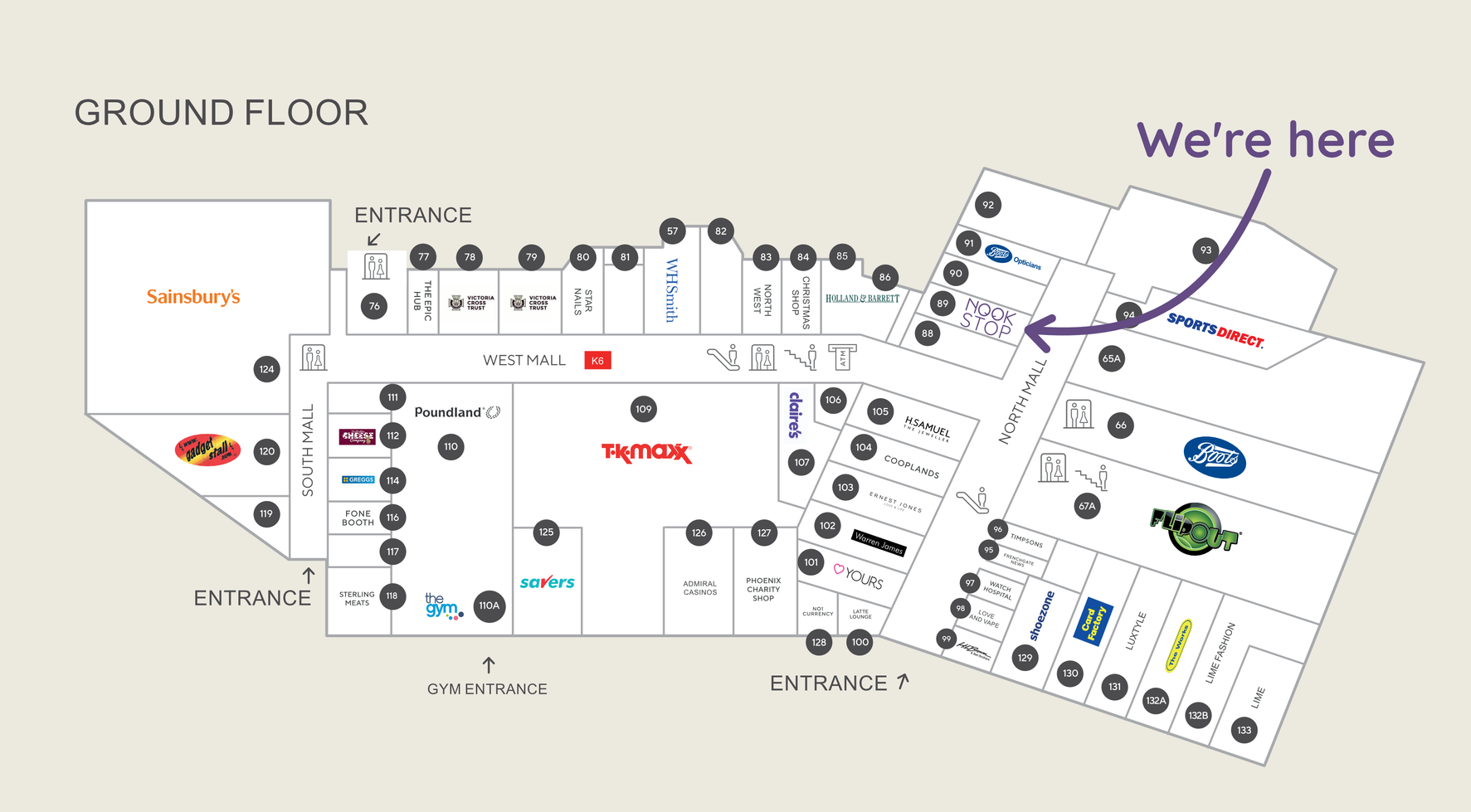
Join us for the Grand Opening on 3rd April at 10am!
Find out more and book your session:


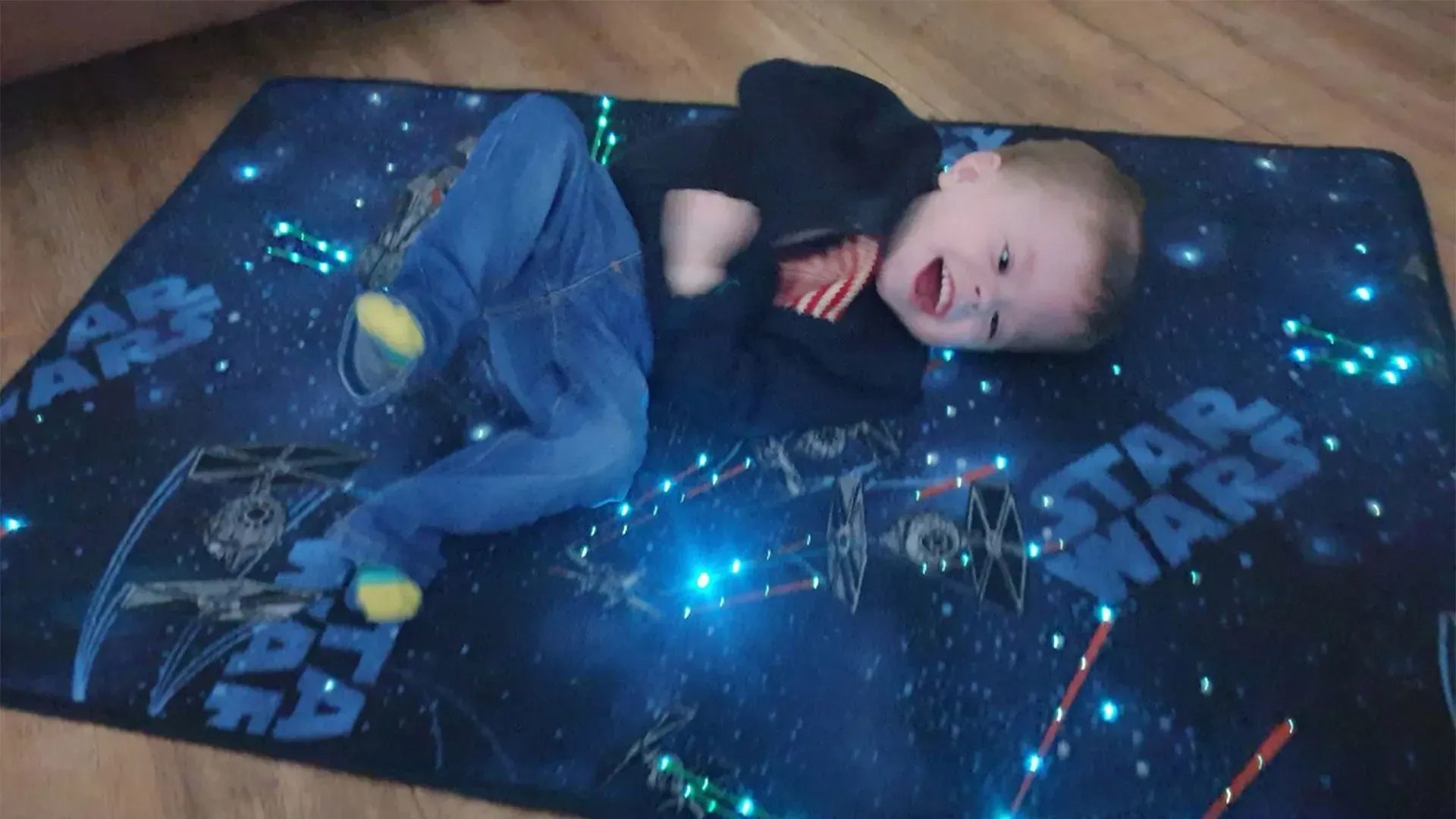

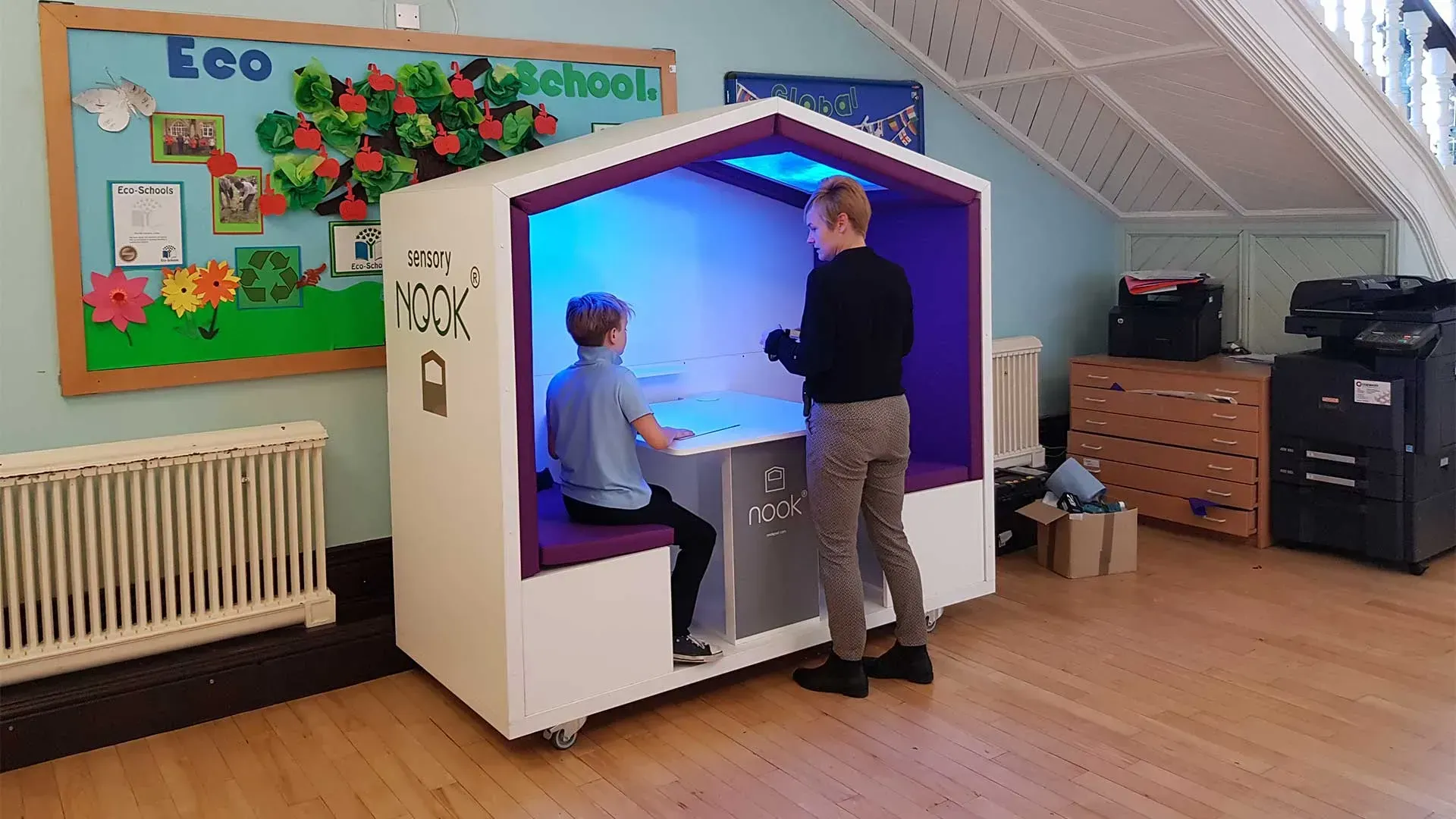
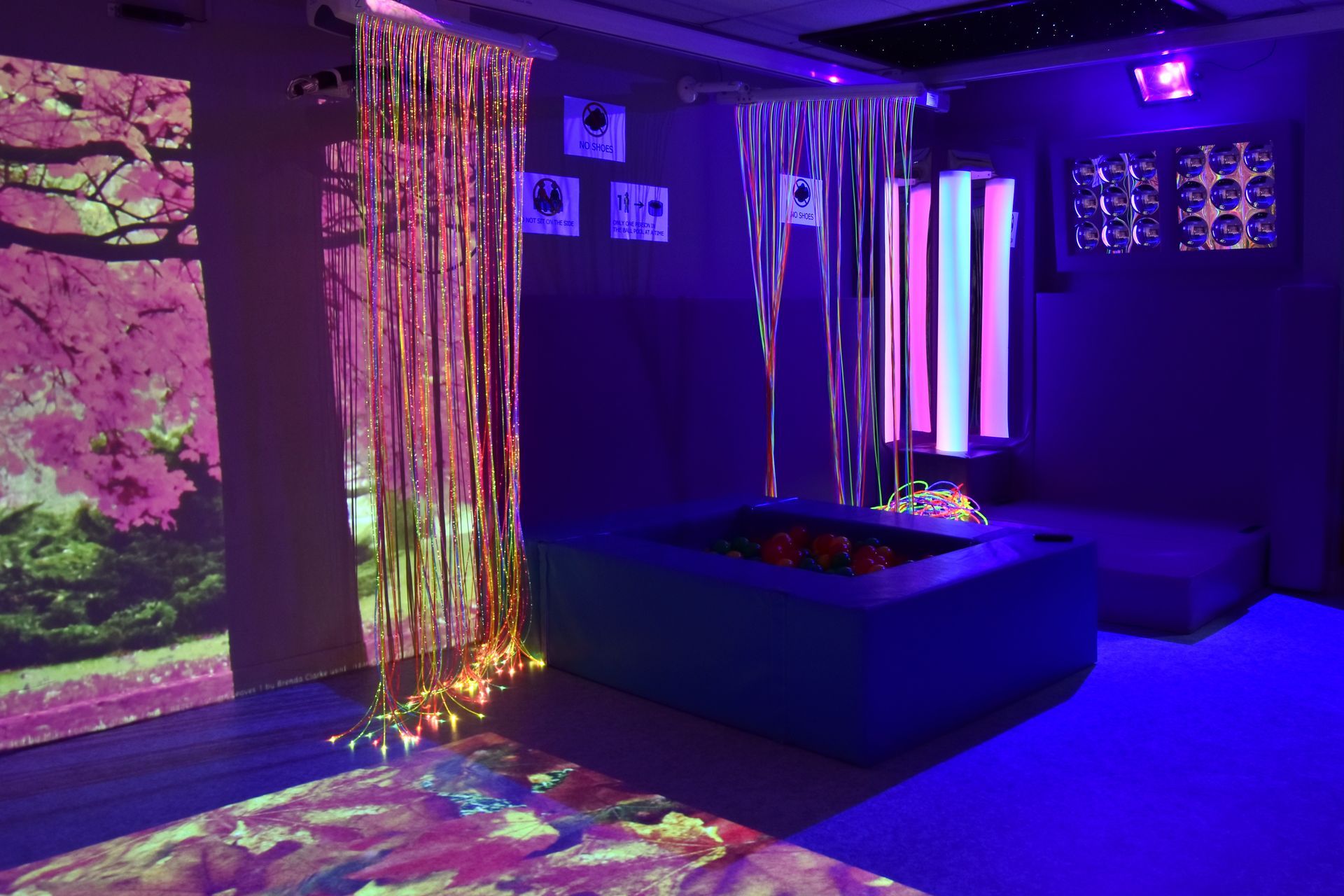
Find Us
AmbiSpace Ltd.
Century Close,
Kirk Sandall Industrial Estate,
Doncaster, South Yorkshire,
DN3 1TR
Get in Touch
info@ambispace.co.uk
01724 712378
Subscribe
Sign up to our newsletter to receive exclusive offers & updates.
Contact Us
We will get back to you as soon as possible.
Please try again later.
By subscribing, you agree to our Privacy Policy and consent to receive updates from us.
Find Us
AmbiSpace Ltd
Century Close,
Kirk Sandall Industrial Estate,
Doncaster,
South Yorkshire,
DN3 1TR
Get in Touch
info@ambispace.co.uk
01724 712378
Subscribe
Sign up to our newsletter to receive exclusive offers & updates.
Contact Us
We will get back to you as soon as possible.
Please try again later.
By subscribing, you agree to our Privacy Policy and consent to receive updates from us.
Find Us
AmbiSpace Ltd.
Century Close,
Kirk Sandall Industrial Estate,
Doncaster, South Yorkshire,
DN3 1TR
Get in Touch
info@ambispace.co.uk
01724 712378
